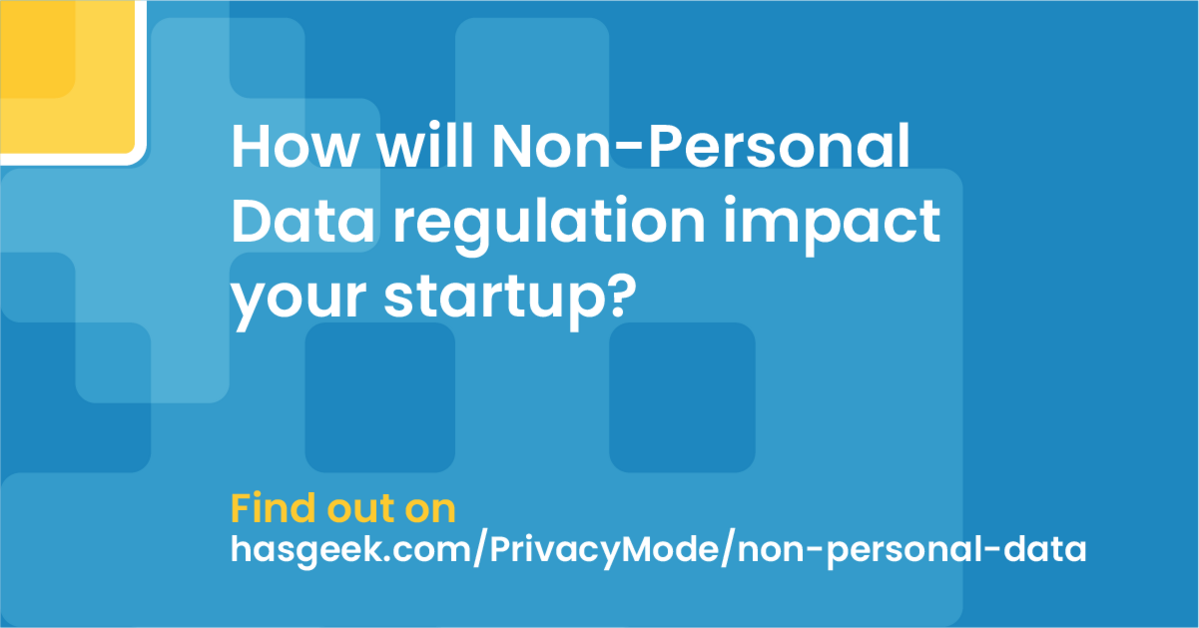The panel will be composed as follows:
- Raegan MacDonald, Head of Public Policy, Mozilla
- Sean McDonald, Senior Fellow CIGI and Co-founder Digital Public
- Annabel Lee, Public Policy Lead for Data, Amazon Web Services (AWS)
- Moderator: Jyoti Panday, Internet Governance Project (IGP), Georgia Institute of Technology
The structure of this discussion will be as follows:
- Question for Raegan MacDonald: How is the conceptualization of data as a resource with economic and societal benefits shaping data governance laws in Europe (GDPR/Digital Services Act (DSA) /Digital Markets Act (DMA) (balancing market integration vs rights protection)?
- Question for Sean McDonald: At the heart of the NPD framework is the question of who has access to data and why. What are the models of ownership of data that are emerging globally (Community Rights/ Data trusts/Data Commons)? Is the model of data trusts being explored under the NPD framework similar to or diverging from how data trusts are being modelled globally?
- Question for Annabel Lee: What is the impact of various national data strategies on cross-border data flows/ operations of transnational companies? How are companies navigating the data laws emanating from the three big data blocs (US-EU-China)?
After the first round of statements, the panelists and moderator will move to more concrete aspects which will be raised through the following two questions:
- Is the separation between personal and non-personal data laws sustainable? Is such a binary separation desirable? Has non-personal data become the focus of regulation as a way to overcome the constraints created by data protection laws?
- What are some of the conflicts that arise when governments pursue different regulatory objectives than data protection law like enabling data access and sharing? How are these different regulatory goals shaping the development of data governance laws in India and beyond? What does this mean for the rights of businesses (big and small) and data subjects rights in the long-term?
During the last 10 minutes of the discussion, we will open up for Q&A with the audience.


{{ gettext('Login to leave a comment') }}
{{ gettext('Post a comment…') }}{{ errorMsg }}
{{ gettext('No comments posted yet') }}